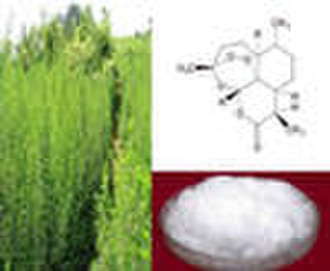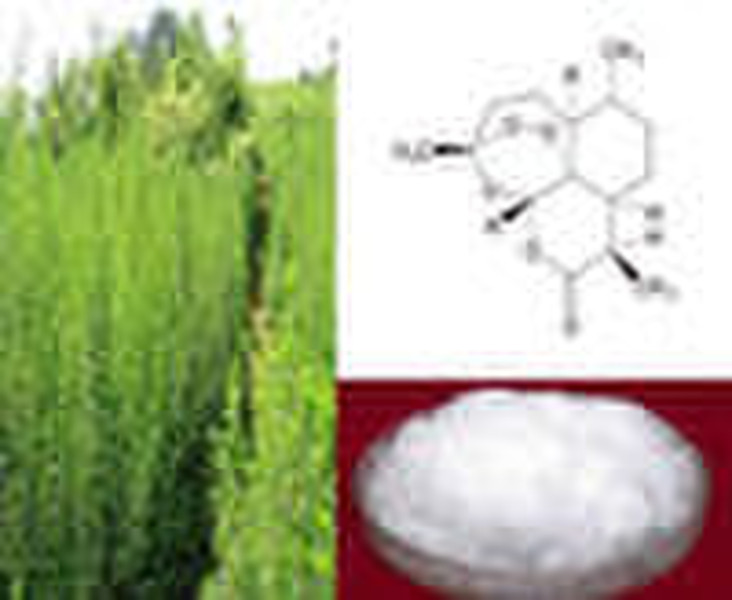Catalog
-
Catalog
- Agriculture
- Apparel
- Automobiles & Motorcycles
- Beauty & Personal Care
- Business Services
- Chemicals
- Construction & Real Estate
- Consumer Electronics
- Electrical Equipment & Supplies
- Electronic Components & Supplies
- Energy
- Environment
- Excess Inventory
- Fashion Accessories
- Food & Beverage
- Furniture
- Gifts & Crafts
- Hardware
- Health & Medical
- Home & Garden
- Home Appliances
- Lights & Lighting
- Luggage, Bags & Cases
- Machinery, Hardware & Tools
- Measurement & Analysis Instruments
- Mechanical Parts & Fabrication Services
- Minerals & Metallurgy
- Office & School Supplies
- Packaging & Printing
- Rubber & Plastics
- Security & Protection
- Service Equipment
- Shoes & Accessories
- Sports & Entertainment
- Telecommunications
- Textiles & Leather Products
- Timepieces, Jewelry, Eyewear
- Tools
- Toys & Hobbies
- Transportation
Filters
Search
Ginkgo Biloba Extract
original price: 22,00 USD
Shenzhen, China
Production capacity:
1000 Kilogram / Month

Huashun Xu
Contact person
Basic Information
| Packaging | Bottle |
|---|---|
| Place of Origin | Guangdong China (Mainland) |
| Grade | Drugs and nutritional supplements |
| Brand Name | NATURACTIVE |
| Model Number | NAT_009 |
| Type | Herbal Extract |
| Form | Powder |
| Part | Leaf |
| Extraction Type | Solvent Extraction |
Ginkgo Biloba Extract Part Used: leaf Active Ingredients: Total Ginkgo Flavone Glycosides/Total Terpene Lactones Specification: 24%/6% Appearance:Fine Yellow Brown powder Testing Method:HPLCBackground: Ginkgo biloba is one of the world’s oldest living tree species, believedto have survived for 200 million years. it reaches its greatest development during the Jurassic and Cretaceous periods. Ginkgo trees are tall hardy trees, highly resistant to pollutants and pests with distinctive fan-shaped leaves. The ginkgo tree is now cultivated extensively in Asia, Europe, North America, New Zealand, and Argentina. Ginkgo seed has been listed as a source of medicine since the early Chinese herbals. The leaf has been recommended for medicinal uses as early as 1509 and is still used in the form of teas. The focus of this report is a standardized leaf extract first manufactured and marketed in Europe as a medicine for cardiovascular disease and now available in the United States as a dietary supplement.Key Active ingredients: Modern pharmacological research into the active constituents of ginkgo leaves began by Dr. Willmar Schwabe in the late 1950s. This research resulted in a standardized extract of ginkgo leaves, which contains 24% ginkgo flavoglycosides and 6% terpene lactones. Flavoglycosides constitute a carefully measured balance of quercetin, kaempferol, and isorhamnetin. Terpene lactones constitute ginkgolides and bilobalides,the group of constituents is unique to GBE.Function: The flavoglycosides are the most active compounds and have exhibited remarkable pharmacological capabilities.These chemical constituents have free radical properties and function as antioxidants. The terpene help to lessen inflammation by inhibiting PAF (platelet activating factor) in the blood. This action helps to boost circulation. PAF plays a role in diseases such as atherosclerosis, asthma, heart attacks and strokes. The following is the summary of specific actions associated with Ginkgo Biloba P.E.: Improves blood circulation and oxygenation of brain cells, which boosts brain function and helps to treat disorders such as senile dementia, some types of depression and Alzheimer? disease. In stimulating brain cell oxygenation, may significantly improve mental clarity and alertness. Strengthens the vascular system, which helps decrease the risk of blood clots, therefore lessening the probability of strokes. Tissue oxidation and nutrient transport are enhanced, thereby contributing to the treatment of any vascular disease such as tinnitus in the ear and any macular generation in the eye, as well as leg pain due to arterial insufficiency. May contribute to less organ rejection in the case of transplants by inhibiting a compound called PAF which is involved in the rejection process. Works as an cellular level, resulting in increase energy and heightened stamina.Safety: Ginkgo Biloba P.E. is considered nontoxic and is virtually without side-effects. It can be safely used with other supplements without interaction and has no reported toxicity. In rare cases, some gastric upset or incidence of headache or skin rash have occurred, which may indicate that the individual is allergic to the substance. The fruit pulp of ginkgo can produce severe contact dermatitis and other allergic reactions. The leaf extract of ginkgo is usually the only form that is available and is extremely safe. Testing Items: Appearance: Fine Yellow Brown powder Total Ginkgo Flavone Glycosides :≥24% Particle Size: 80 mesh Quercetin :≥12%Bulk density: 45-60g/100 ml Kaempferol :≥10.2% Moisture :<4% Isorhamnetin :≥1.8% Ash :<1.5% Total Terpene Lactones :≥6% Heavy Metals :<20mg/kg Ginkgolides A :≥2.1% Total Bacteria Count :<1000cfu/g Ginkgolides B :≥0.9% Yeast & Mold :<100cfu/g Ginkgolides C :≥0.8%Salmonella: Negative Bilobalides :≥2.2% E.Coli.: Negative Ginkgolic acid :<5mg/kg
Delivery terms and packaging
Packaging Detail: 25kgs/drum inner double plastic bags. Delivery Detail: 7 days after confirming the order.
Port: Shenzhen/China
Payment term
Letter of credit
Telegraphic transfer
-
Payment Methods
We accept:









